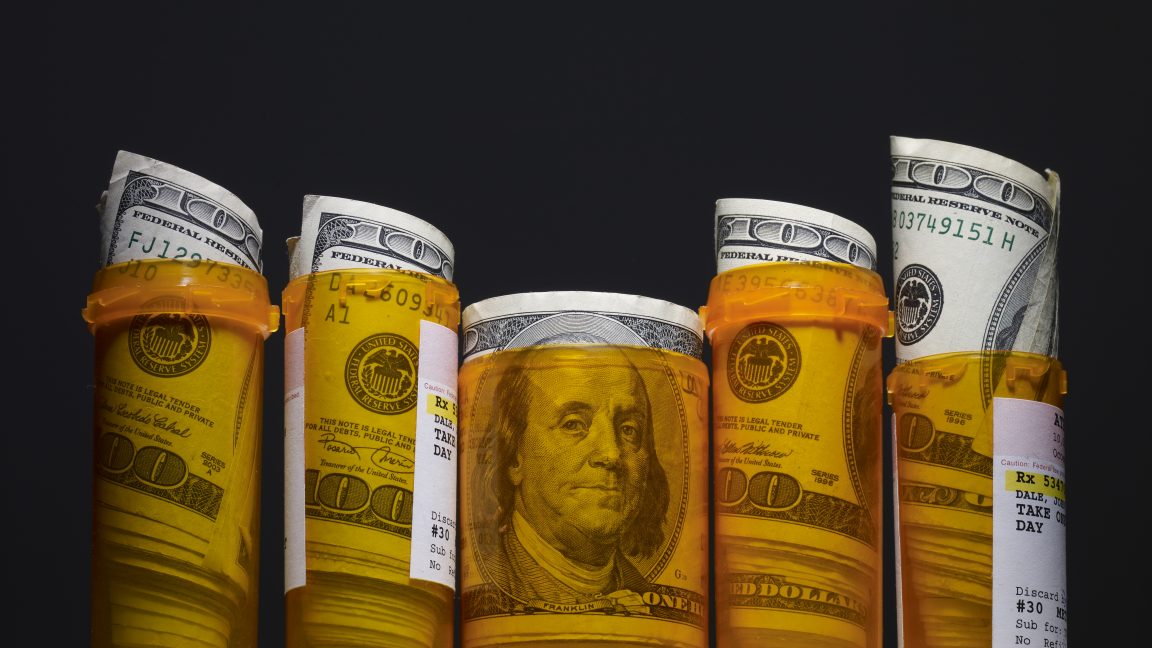Shock and dismay have already begun as Americans face next year’s health insurance costs—and it looks like everyone will be in for some grim numbers.
So far, much of the attention has been on the stratospheric prices that Americans might see on plans they buy from Affordable Care Act marketplaces. Critical tax credits for those plans are set to expire at the end of the year, and, on top of that, insurers have proposed a median 18 percent price increase for 2026. With the higher prices and a loss of credits, some Americans could see their monthly premiums more than double.



Consider a high deductible plan with an HSA, especially if your employer contributes to the HSA and you don’t have any underlying conditions (or dependents with them) which make it more likely for you to hit the deductible.
You can use the HSA funds later when you or your dependents need health care even if you’ve switched to a low deductible plan.
Yes, I agree with that! HSAs are really good, especially if you’re healthy and not using the insurance. You don’t pay income tax on the money you put in it, and when you use it to pay for health expenses later, it’s also not taxed, so you never paid income tax on it. That’s like getting a 20 or 30% return on your money (or whatever tax bracket you were in and would have paid on it. So I suggest putting as much as you can into it and if your employer also puts some in that’s even better.
I did that for the last few years. So now I have to get some dental work done soon that’s going to cost over a thousand bucks and they’ll want the money the same day. I will just whip out the HSA card and pay it with that.
Make sure you get one that has an out of pocket limit (I think they all have to have a limit–mine was $7000, so if something big happens you’re out a max of 7K)
Scam. It incentivizes not going to the dr.
moron